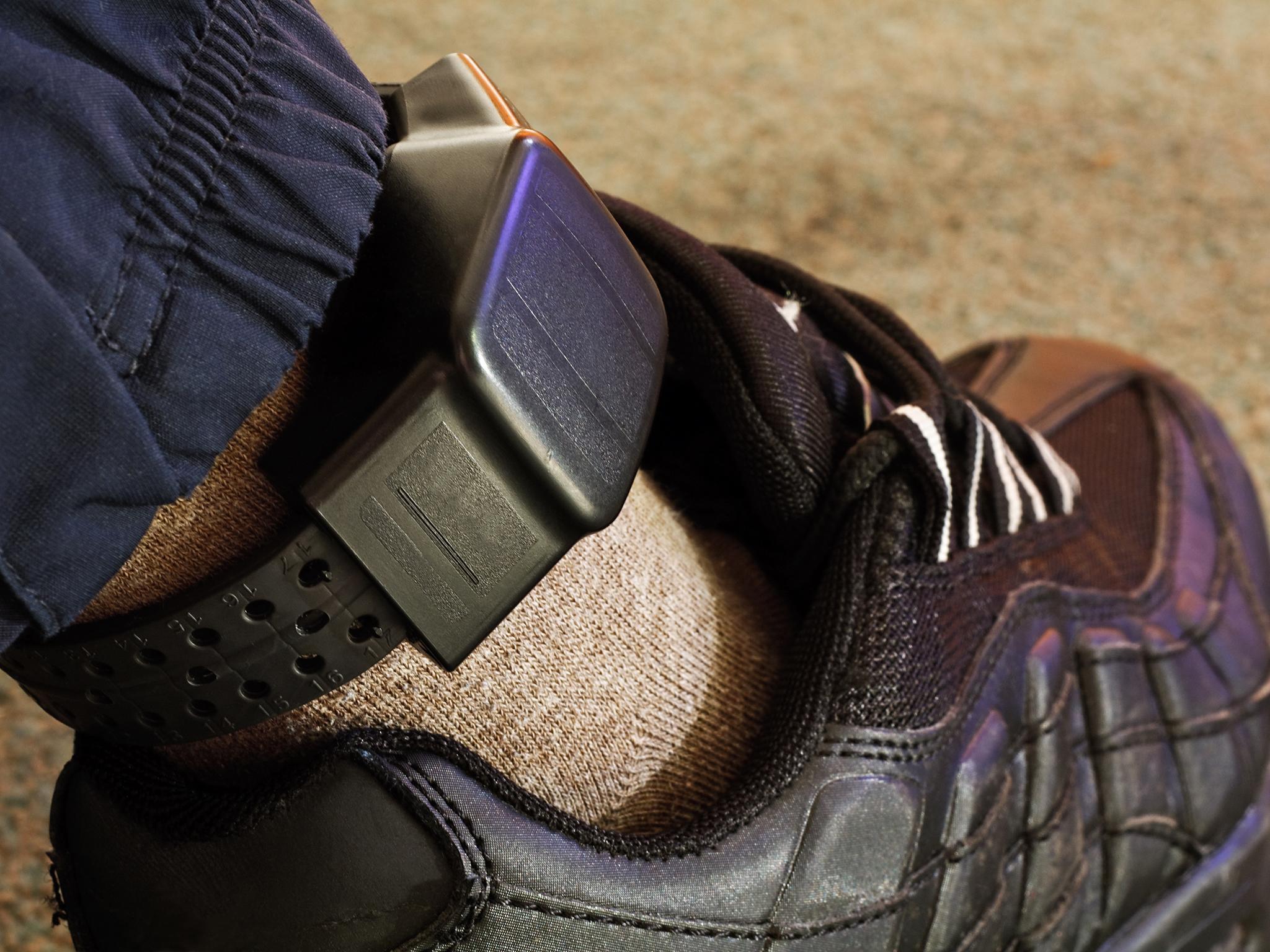Teenager becomes first child in UK to be fitted with court-ordered GPS tracker
Repeat offender must wear device for at least six months, allowing police to track his movements

A 15-year-old boy has been ordered to wear a GPS tracking device that will allow police to track where he is at all times following a string of criminal offences.
The boy, who cannot be named for legal reasons, will be the first young offender in the country to be monitored in this way.
Offenders who are put under house arrest or parole are generally issued tracking bracelets that use radio signals to communicate with a unit in a fixed location, usually inside the offender’s home.
If the person wearing the tracker does not come back in time for curfew, or is not in their home when they are supposed to be, a signal will fail to send to the unit, and police will be notified.
The GPS tracking device, however, is connected to a mobile unit, and it allows police to know the whereabouts of the person wearing the device at any given time using technology similar to that in fitness bracelets. They have previously only been used with adults.
The 15-year-old was reportedly issued a Youth Order, and worked with the Youth Offending Services following a string of offences in Oxford and Didcot including robbery and burglary, according to reports in the Oxford Mail.
Despite receiving the order, the young man continued to offend, committing a further string of crimes including threatening a teenage girl in the street with a mock firearm.
Due to the risk of reoffending, the court ordered that the young man will wear the GPS tag for six months. This will allow police to monitor his whereabouts, and they should be able to tell whether he was involved in any future incidents that are reported.
Police say that devices like these are not just meant for punishment, but are intended to keep individuals out of prison.
PC Mike Ellis told the Oxford Mail: “The youth offending services do all they can to stop a defendant from going into custody, which means they use a lot of time and resources to make sure they are doing what they are supposed to be doing.”
Join our commenting forum
Join thought-provoking conversations, follow other Independent readers and see their replies
Comments
Bookmark popover
Removed from bookmarks